Driving traditions and myths are deeply rooted in American culture, and one of the most persistent is the belief that driving barefoot is illegal. This article will comprehensively explore the reality of barefoot driving in Pennsylvania, breaking down the law, evaluating safety, addressing city perspectives from places like Philadelphia and Pittsburgh, and guiding drivers on best practices for staying safe and legal on the road.
Understanding the Law: The Barefoot Driving Myth
For generations, many Pennsylvanians have grown up hearing that driving without shoes could land them a ticket. The reality, however, is simpler: there is no state law in Pennsylvania that prohibits barefoot driving. You can legally operate a car, truck, or SUV with bare feet, socks, flip-flops, or even those quirky beach sandals favored on summer getaways to Erie or the Jersey Shore.
Statewide, the Pennsylvania Vehicle Code contains no language banning barefoot driving. Even the Pennsylvania Department of Transportation (PennDOT) confirms that there is no such restriction. This means that from bustling Harrisburg to small towns like Jim Thorpe, the act of driving shoeless is not, in itself, a legal offense.
Why the Myth Persists
So why does the misconception endure, from Scranton all the way to York and beyond? The roots of the barefoot driving myth stretch back to decades of urban legends, cautious driver’s education teachers, and a general association of driving “properly” with societal safety. Many believe the myth was popularized by the idea that barefoot driving is inherently unsafe and that, if involved in an accident, a barefoot driver would be automatically at fault.
Legal Nuances: When Barefoot Driving Could Matter
While Pennsylvania law explicitly allows barefoot driving, drivers are not completely off the hook. If you’re involved in a crash and law enforcement determines that your barefooted state contributed to careless or reckless driving, you could face legal ramifications. For example, if your foot slipped off the brake at a busy intersection in Allentown or you couldn’t adequately control the pedal during sudden traffic in Philadelphia, and this led to an accident, you might be cited for reckless or careless driving.
Reckless driving in Pennsylvania is defined as operating a vehicle with “willful or wanton disregard for the safety of persons or property.” Careless driving, a slightly lesser charge, applies when a driver shows “careless disregard for the safety of others.” Either charge could be applied if a lack of proper footwear is found to have impaired your driving ability in the eyes of the investigating officer.
No Law, But Not Without Risk
Legalities aside, let’s consider safety. Driving barefoot can sometimes reduce your control over the vehicle, especially on Pennsylvania’s hilly, winding roads or the busy highways of Pittsburgh and Philadelphia. Bare feet may lack the traction or stability needed to operate pedals smoothly, especially in emergencies or wet conditions. Common issues include:
-
Reduced pedal grip: Bare feet are more likely to slip, especially if the floor or your feet are wet.
-
Uneven pressure: Shoes distribute force more evenly, aiding in precise braking and acceleration.
-
Discomfort or distraction: Long drives through regions like the Poconos or down the Pennsylvania Turnpike can make feet tired, sweaty, or even burned on hot days if exposed to sun-soaked pedals.
Shoes Versus Barefoot: What’s Safer?
Interestingly, not all shoes are ideal for driving. While PennDOT and safety advocates advise wearing “appropriate, secure footwear,” certain shoe types pose hazards of their own.
-
Flip-flops and slides are notorious for sliding off or getting caught under pedals.
-
High heels may interfere with pedal feel and control.
-
Heavy boots or shoes with thick soles can diminish sensitivity when applying pressure.
That said, many driving safety experts across Pennsylvania prefer secure, flat shoes with closed toes—think sneakers or driving loafers. For people making beach trips to places like Presque Isle State Park, it’s wise to keep a spare pair of safe driving shoes in the car.
Barefoot Driving in Pennsylvania Cities
Urban driving often means heavy traffic, frequent stops, and short reaction times. In Philadelphia, driving barefoot might mean grappling with pedal responsiveness as you navigate Broad Street during rush hour. In Pittsburgh, the city’s famous hills add another layer of challenge, where foot slippage could quickly spell trouble on steep grades.
In cities like Reading, Erie, and Scranton, law enforcement and local ordinances do not specifically ban barefoot driving, but officers still expect all drivers to maintain safe control of their vehicles at all times.
Accidents and Insurance: Barefoot Drivers Take Note
If you’re involved in a fender-bender in Bethlehem or a more serious accident in Lancaster, your insurance claim could also come under scrutiny. While no law specifically bans driving without shoes, insurers sometimes look for any contributing factors that might lessen their liability. If barefoot driving is determined to be a factor in loss of control, an insurance provider may use it as grounds to reduce or deny a payout or hike your premium.
Other States, Other Cities: Is Pennsylvania Unique?
Pennsylvania is not alone in its barefoot driving policy. As of now, all 50 U.S. states allow barefoot driving in cars. Some, like Alabama, do prohibit barefoot motorcycle riding. In neighboring states like New York, New Jersey, and Ohio, the situation is nearly identical: driving shoeless is legal, but responsibility and safe operation remain paramount.
Tips for Pennsylvania Drivers Who Prefer Bare Feet
If you choose to drive barefoot in Pennsylvania, consider these strategies to stay safe:
-
Clean your feet before driving, especially after a city walk or visit to the beach.
-
Be extra alert to conditions that might make the pedals slippery (rain, ice melt, mud).
-
If you start to feel feet fatigue or discomfort, pull over safely and take a break or put on shoes.
-
If you wear flip-flops, slides, or high heels to travel, switch to a pair of driving shoes before hitting the road.
Local Anecdotes: Barefoot Behind the Wheel
Anecdotal evidence from drivers across Pennsylvania—whether in bustling Lancaster, historic Gettysburg, or the farmlands near State College—suggests that barefoot driving is relatively common, especially in the warmer months. Many recall taking off sandals after a day outdoors or slipping off heavy winter boots in a grocery store parking lot.
Yet, most drivers agree that the feeling of bare feet on pedals is best reserved for light traffic or empty roads—think winding through the countryside in Bucks County or cruising Lake Wallenpaupack’s scenic byways, not navigating the complex intersections of Center City Philadelphia.
FAQs About Barefoot Driving in Pennsylvania
Is there anywhere in Pennsylvania where barefoot driving is explicitly banned?
No city or township in Pennsylvania currently has laws prohibiting barefoot driving specifically. However, local law enforcement expects effective control of the vehicle, and any behavior deemed unsafe may result in a citation under general traffic safety laws.
Are there scenarios where driving barefoot could automatically lead to a ticket?
Not directly. Only if an accident or traffic violation occurs and it is determined that being barefoot contributed to a lack of control, a citation may be issued for the resulting offense (e.g., careless or reckless driving), not simply for driving without shoes.
Do professional drivers, like truckers or rideshare drivers in Pittsburgh or Philadelphia, face different rules?
Most employers and commercial fleets set their own policies and may require drivers to wear proper footwear to reduce liability and safety risks. However, state law does not impose extra restrictions on barefoot driving for personal or professional drivers.
What about driving motorcycles, scooters, or bikes?
On a motorcycle, safety is paramount, and some states (including Alabama but not Pennsylvania) require shoes for riders. It’s strongly recommended to wear closed-toe shoes and other protective gear on two-wheeled vehicles.
Key Statistics and Safety Facts
-
According to insurance industry reports, there are approximately 2.6 million injuries from car accidents annually in the U.S.
-
While there is no direct data on crashes caused by barefoot driving, poor pedal control, regardless of footwear, is a contributing factor in a portion of at-fault accidents.
-
The most common cities where drivers are cited for “footwear-related” control issues are those with heavy traffic and complex road networks, such as Philadelphia and Pittsburgh.
Staying Safe and Legal: The Takeaway
To sum up: Pennsylvania law is clear—driving barefoot is legal statewide. There are no codes or ordinances in Philadelphia, Pittsburgh, Erie, Reading, Scranton, Allentown, Lancaster, Harrisburg, or any other city that directly prohibit it. However, responsibility on the road is key: if your choice of footwear—or lack thereof—impedes your ability to safely control your vehicle, you are liable for any consequences that may follow.
Practical advice is to always prioritize safety. Keep a pair of secure shoes in your car, especially for long drives, highway routes, or navigating city streets. And remember, the spirit of the law in Pennsylvania is not about what’s on your feet, but how safely you operate your vehicle.
So whether you’re driving through the rolling hills of rural Pennsylvania, crossing the many bridges of Pittsburgh, or maneuvering through busy Philadelphia traffic, you can breathe easy knowing that kicking off your shoes is not a crime—but keeping your focus on the road and your vehicle under control is always your responsibility.

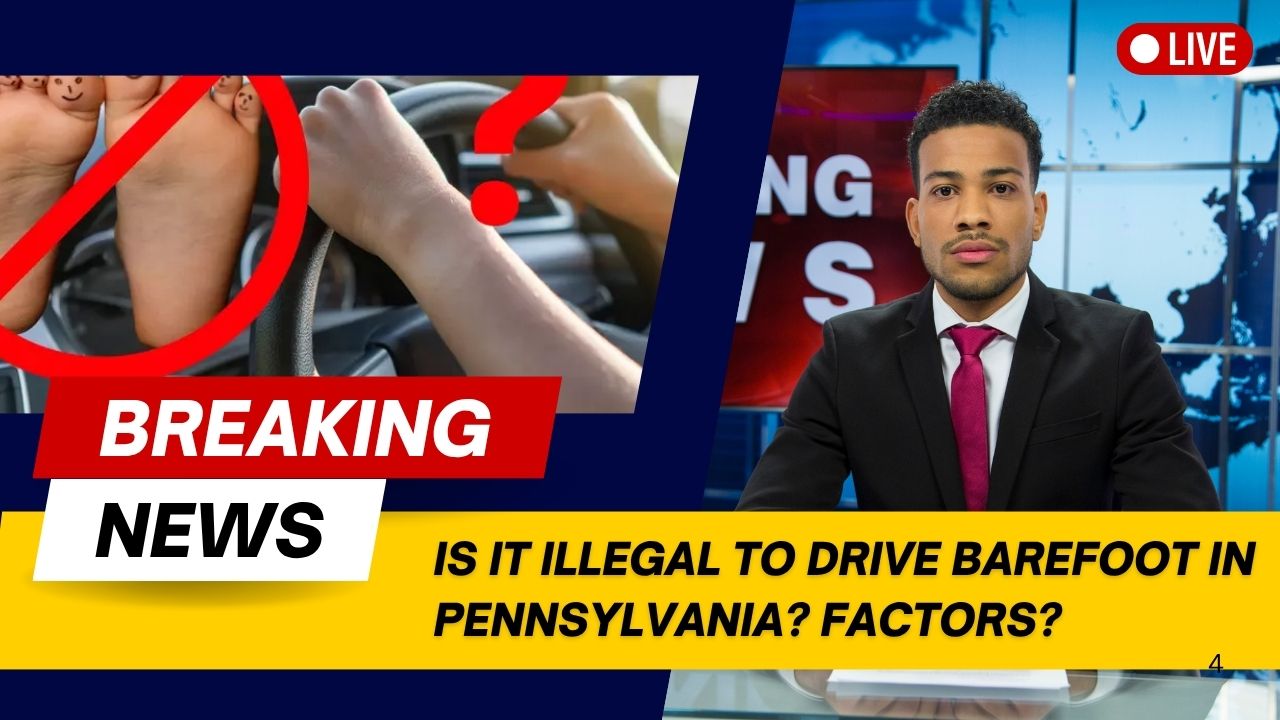

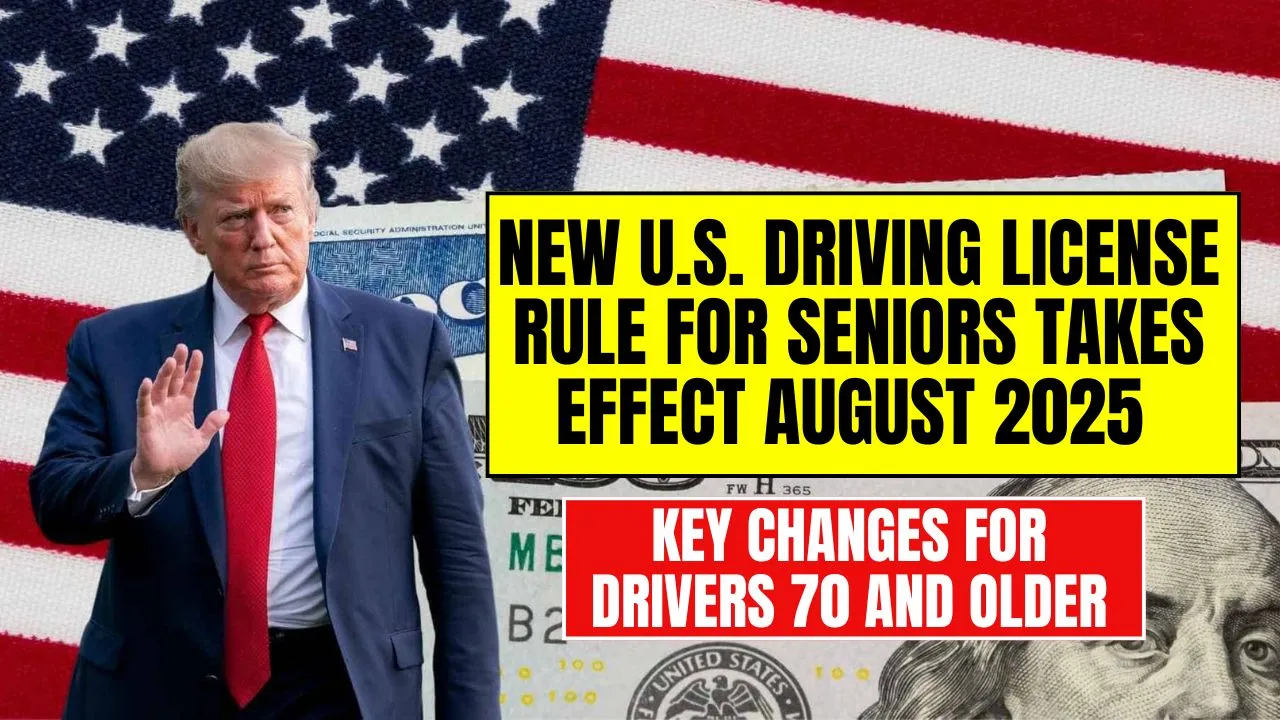



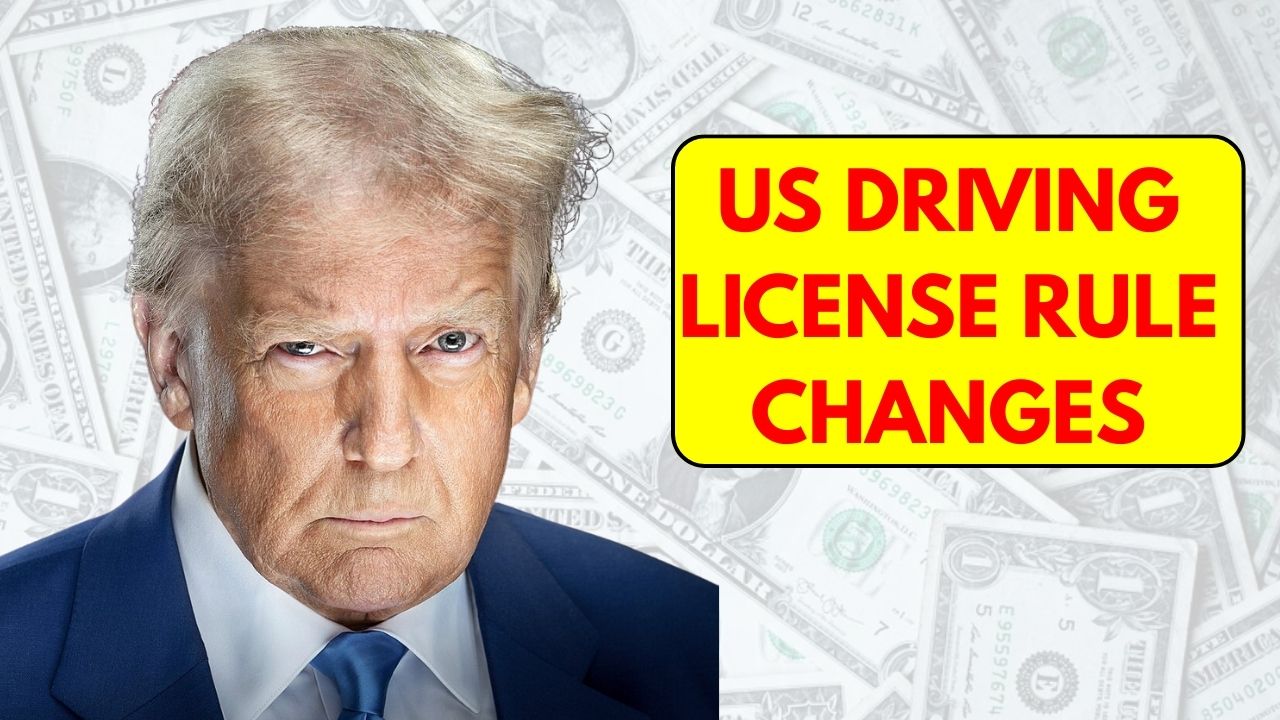
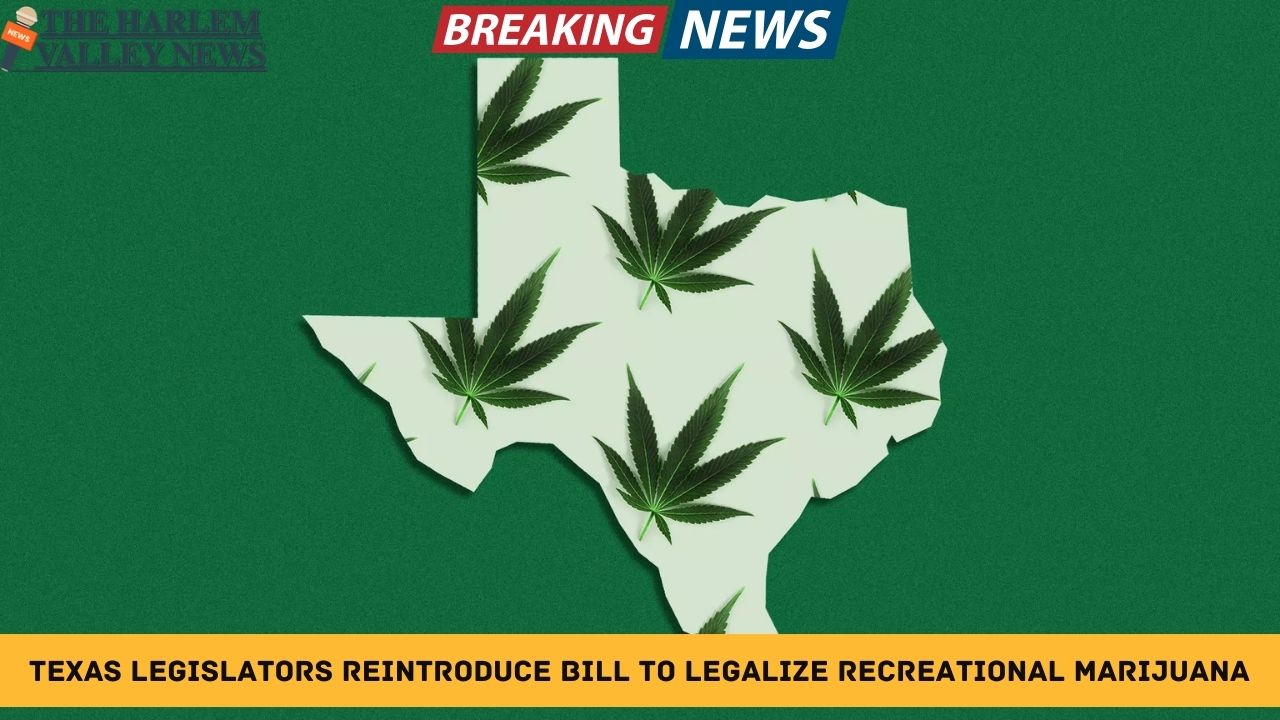
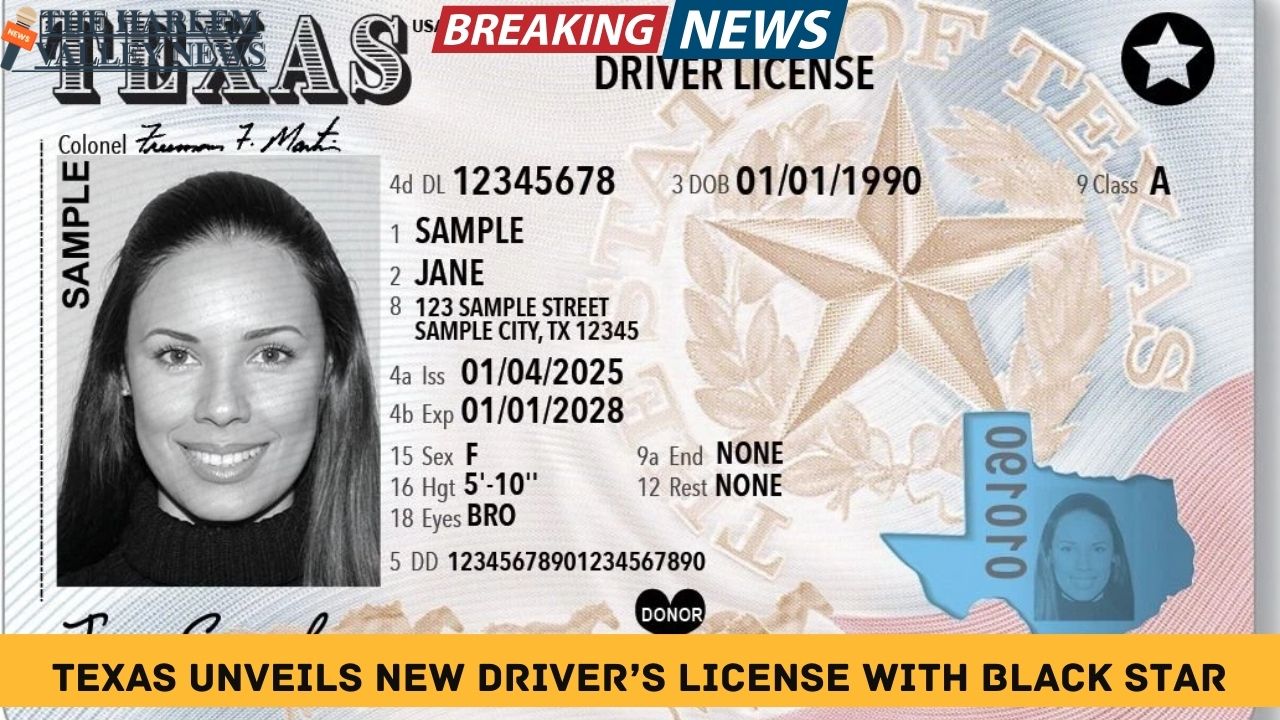




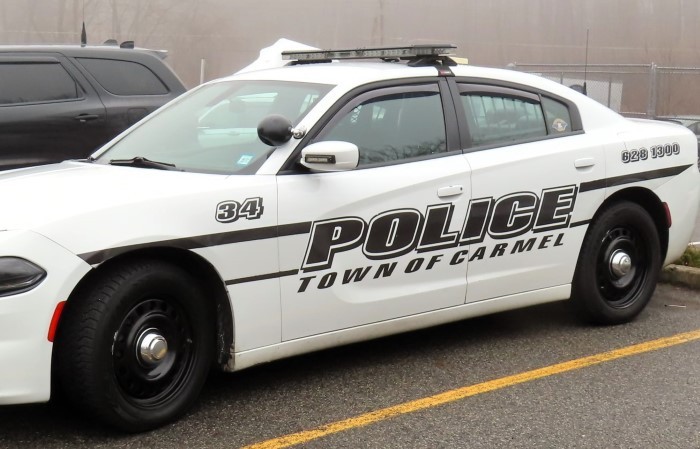
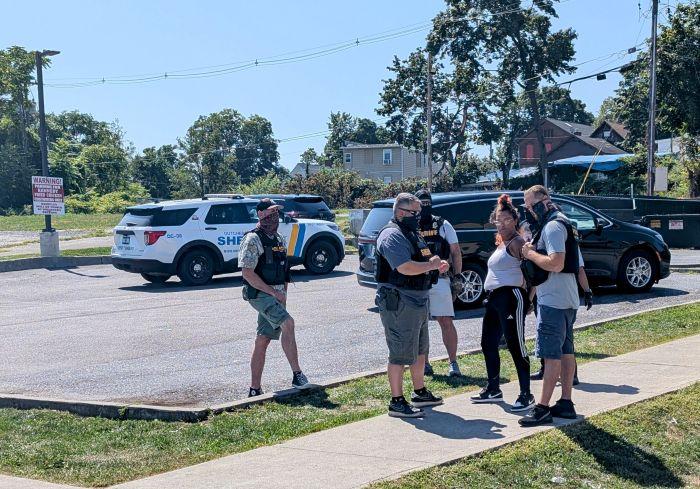
Leave a Reply